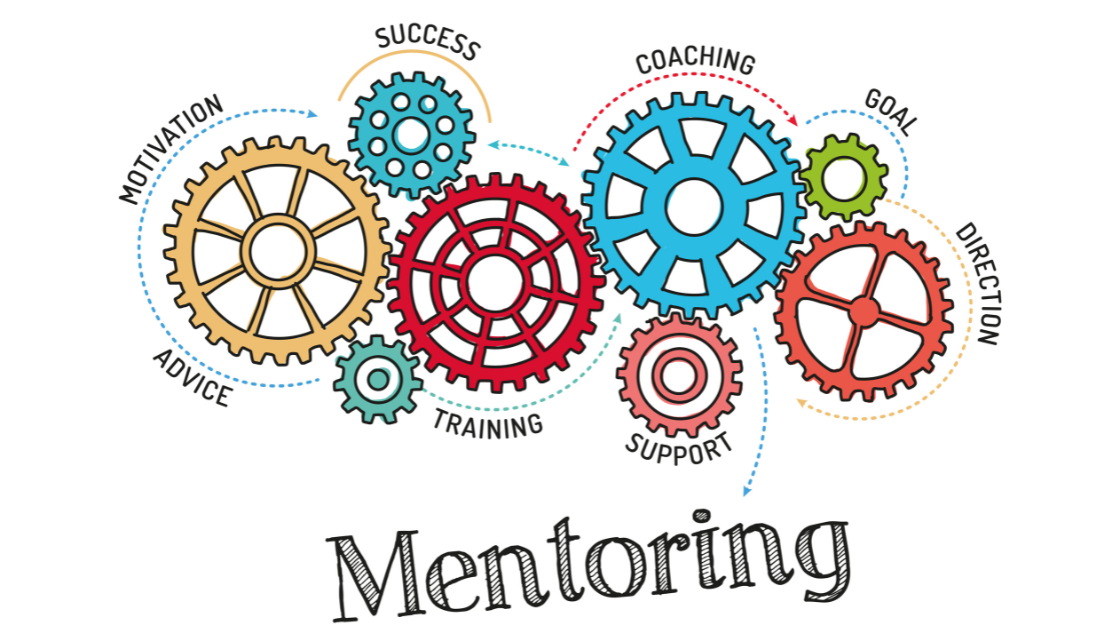Zeeshan and Karina Hayat – The Role of Business Mentorship in Building Resilient Leaders and Sustainable Companies

In today’s fast-paced business world, resilience and sustainability are not optional—they are survival skills. Markets shift overnight, technology evolves rapidly, and global challenges demand adaptability. While formal education and training programs prepare professionals with technical knowledge, true leadership often comes from wisdom that can only be gained through experience. This is where mentorship becomes invaluable. Business mentorship not only helps individuals grow but also plays a central role in building resilient leaders and sustainable organizations that thrive in the long run.
Mentorship as a Foundation for Resilience
Resilient leaders are those who can weather uncertainty, adapt to change, and recover quickly from setbacks. But resilience is not built overnight; it is cultivated through guidance and perspective. Mentors, having navigated their own share of challenges, provide mentees with the reassurance and strategies needed to face obstacles with confidence. Whether it’s surviving a failed product launch, handling financial strain, or managing team conflicts, mentors help entrepreneurs and executives approach problems with a balanced mindset. This emotional and strategic support equips leaders to stay steady in turbulent times.
Wisdom Beyond the Textbooks
Business schools teach frameworks and theories, but mentorship provides something far more practical: lived experience. Mentors share insights into the “unwritten rules” of leadership—how to manage relationships, make tough ethical decisions, and balance competing priorities. By learning from real-world examples, mentees gain tools to make better decisions when the stakes are high. This wisdom transfer prevents costly mistakes and empowers leaders to build strategies that last.
Nurturing Emotional Intelligence and Leadership Skills
Leadership today demands more than technical expertise—it requires emotional intelligence, empathy, and strong interpersonal skills. Mentors often model these qualities, helping mentees develop the ability to lead with compassion and authenticity. They provide feedback on communication styles, conflict resolution, and team dynamics. This guidance allows mentees to grow into leaders who not only drive performance but also inspire trust and loyalty—qualities that are critical for sustainable leadership.
Strengthening Company Culture
A company’s culture is often a reflection of its leadership. Mentors help leaders recognize the importance of fostering values such as transparency, accountability, and inclusivity. By encouraging mentees to align company culture with long-term vision, mentors indirectly shape sustainable organizations. A healthy culture reduces turnover, improves employee engagement, and drives innovation. Leaders influenced by mentors are more likely to create workplaces where people feel valued and motivated, ensuring the company thrives even in uncertain times.
Strategic Thinking for Sustainable Growth
Startups and small businesses often focus heavily on short-term survival—meeting revenue targets, securing funding, or expanding quickly. Mentors encourage a broader perspective, pushing entrepreneurs to think strategically about the long term. They help leaders strike a balance between growth and sustainability, advising on when to scale, how to allocate resources, and how to build systems that can withstand market fluctuations. This kind of strategic foresight is what transforms promising startups into enduring enterprises.
Access to Networks and Opportunities
Sustainability in business is not just about internal strength—it’s also about external connections. Mentors often open doors to networks of investors, industry leaders, and collaborators. These connections can provide critical resources for scaling, partnerships that fuel innovation, or insights that shape smarter decisions. By leveraging a mentor’s network, leaders gain access to opportunities that would be difficult to reach on their own, helping businesses expand in a way that is both sustainable and strategic.
The Mentor’s Role in Accountability
One of the hidden benefits of mentorship is accountability. Entrepreneurs and leaders often set ambitious goals, but without someone to provide feedback and perspective, it’s easy to lose direction. Mentors serve as accountability partners, reminding leaders of their commitments and helping them stay focused on their vision. This external check-in encourages discipline, consistency, and persistence—qualities that are essential for building both resilience and sustainability.
Creating a Cycle of Sustainable Leadership
The impact of mentorship extends beyond the mentor-mentee relationship. Leaders who have benefited from mentorship often become mentors themselves, passing on their wisdom to the next generation. This creates a cycle of sustainable leadership, where knowledge and values are continuously shared across individuals and organizations. Over time, this ripple effect contributes to stronger industries, more ethical practices, and a culture of resilience across the business ecosystem.
Conclusion: Mentorship as a Catalyst for Lasting Success
Business mentorship is more than career guidance—it is a catalyst for building resilient leaders and sustainable companies. By providing wisdom, accountability, networks, and emotional support, mentors shape leaders who can adapt, innovate, and inspire. In turn, these leaders create organizations that are not only profitable but also built to last. In a world where change is the only constant, mentorship offers the stability, perspective, and foresight needed to succeed. For entrepreneurs and executives alike, seeking mentorship is not just a step forward—it is the foundation for a future defined by resilience and sustainability.
About The Hayats
Karina and Zeeshan Hayat are entrepreneurs with a long-standing track record of driving innovation and creating meaningful social impact. With over 20 years of experience across various sectors, they have co-founded and led several digital ventures focused on sustainable growth and business development. Known for their strategic thinking and ability to help organisations expand effectively, they also dedicate time to mentoring emerging business leaders. Their commitment to giving back is reflected in their work with 100 Meals a Week, a charitable initiative supporting underserved communities in Vancouver’s Downtown Eastside and parts of Florida.












